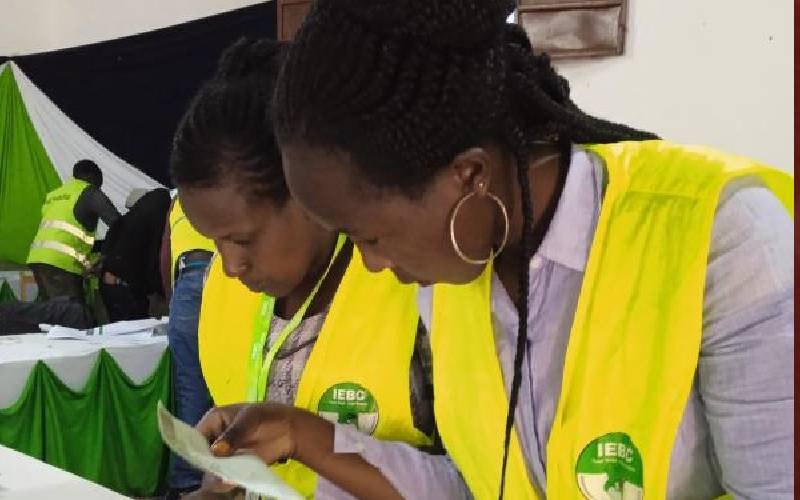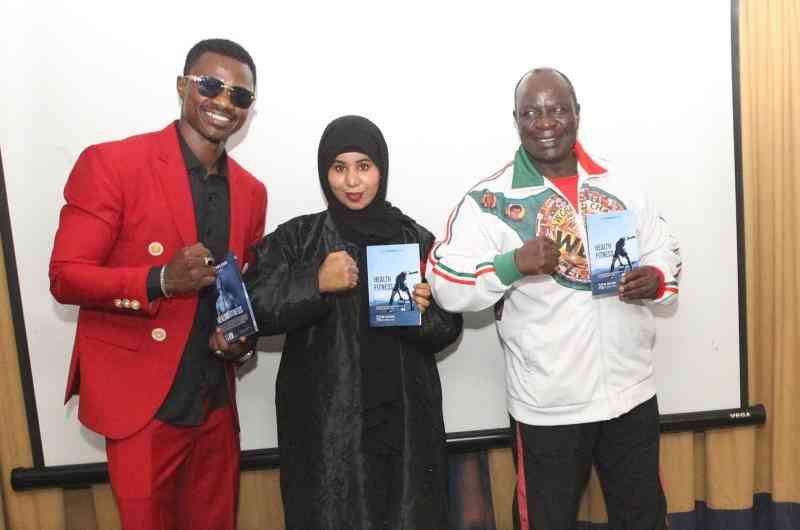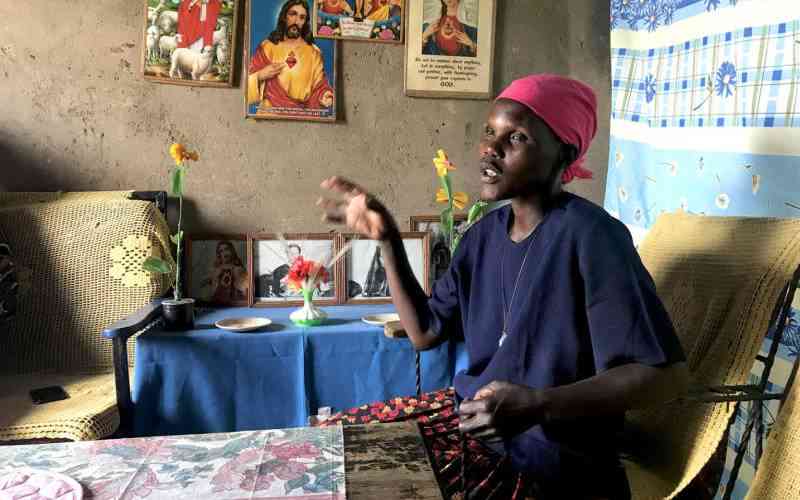Donald Kipkorir
When Kenyans turned out on August 27 for the promulgation of the new Constitution, they thought it would be a day when we would be remembered for a peaceful politico-legal transitioning.
We expected the local and international media would give us ample publicity and dispel the narrative that Africans can never carry out peaceful and free elections. Instead, the entire headlines covered the presence of President Omar al-Bashir, the strongman of Sudan, in our celebrations. It has turned out the world will remember the day, not for our celebrations but for the presence of Bashir. What a tragedy.
Mr Bashir and the Khartoum regime he represents is not our strategic ally and we do not need him. Our obligation and friendship lies with the International Criminal Court and the Government of Southern Sudan (GoSS). Why we are defending the diplomatic faux pas defies my understanding.
In January next year, GoSS will, in a referendum, determine their destiny. Democracy demands that an outcome of an election be not fixed, but the referendum results of Southern Sudan are so predictable. The people of Southern Sudan have for long wanted to exercise their right to self-determination. Sudan is 70 per cent Sunni Islam covering the Northern Sudan, and the Southern Sudan being Christian/Animist. Yet, the Khartoum regime under Bashir has imposed Sharia Law at national level.
Scholars and analysts predict two outcomes in the referendum: Declaration of independence by GoSS and subsequent civil war between Juba and Khartoum. When they fight, Kenya has to choose between Juba and Khartoum.
Kenya is over 80 per cent Christian as per the recent census results. Sudan is 70 per cent Sunni Moslem. The core and fundamental beliefs of Christianity and Islam are conflicting. The Bible teaches the way to eternal salvation is by believing Jesus is the Son of God and him only is the way, the truth and the life. Islam believes Prophet Mohammed, was the last prophet of God, and only through him is salvation possible.
Kenya and Sudan are neighbours with equal populations of 40 million each. That is where our commonality begins and ends. Other than that River Nile that is the lifeline of Sudan and passes through Khartoum, has its source in our Lake Victoria, we do not do have much in common with Khartoum. We do not sell them our tea or coffee and neither do we import their oil or cotton. The trading relationship between Khartoum and Nairobi is so insignificant it cannot show in any economic data.
But the economic relationship between Juba and us is growing in leaps and bounds. KCB and Equity Bank have returned their investments in Juba and now returning profits only. The oil that Southern Sudan sits on will be pumped through Lamu. We are building Lamu-Juba Railway line. The future offers only opportunities and mutual benefit to Juba and Nairobi. Not Khartoum.
In enacting The International Crimes Act 2008, Kenya by own volition accepted to be bound by the spirit and law of The Rome Statute that established the International Criminal Court. By this Act, Kenya bound itself to comply with all provisions of The Rome Statute and the warrants and directions of the ICC at The Hague. The ICC has said Bashir has blood on his hands of over 300,000 Sudanese and has issued warrants against him for the war crimes, crimes against humanity and genocide. These international crimes are the highest level of crimes that one can commit. Articles 86 to 93 of the Rome Treaty impose on member states the obligation to co-operate with the ICC. Kenya’s obligation is higher as it has ratified and domesticated the Rome Treaty. Article 2(6) of our Constitution has given its imprimatur to such ratification. Arresting Bashir when he came to Kenya was thus our constitutional and statutory duty. We failed.
Kenyans are by and large Bantu and Nilotic. Khartoum is Arab. Kalenjin, Luo and Maa-speaking tribes of Kenya share same ethnolingual affinity with the Dinka and Nuer of Southern Sudan. Our Constitution recognises our cultural and tribal heritage and protects it.
Article 44 of our Constitution allows communities to come together in associations that recognises and respects their cultural and linguistic heritage. As a member of the Nilotic race, we have the constitutional right to identify with the people of Southern Sudan. By dint of Article 44, we have the right as part of Kenya to say we do not want any affiliation with the Khartoum regime.
We have nothing to gain by being a friend of Khartoum, but pain and disappointment. Khartoum’s friendship is like a leech. Our future and friendship is with Juba. When the time comes, we have to provide the people of Southern Sudan with safety, shelter and arms should their right to self-determination in January next year be impeded by Khartoum. Bashir was an unwelcome guest and a gatecrasher to our party. We must exorcise the ill will brought by Bashir by supporting GoSS to celebrate their independence in January. Let no one deny us that celebration as they did on August 27.
The writer is an advocate of the High Court.
Stay informed. Subscribe to our newsletter
 The Standard Group Plc is a
multi-media organization with investments in media platforms spanning newspaper
print operations, television, radio broadcasting, digital and online services. The
Standard Group is recognized as a leading multi-media house in Kenya with a key
influence in matters of national and international interest.
The Standard Group Plc is a
multi-media organization with investments in media platforms spanning newspaper
print operations, television, radio broadcasting, digital and online services. The
Standard Group is recognized as a leading multi-media house in Kenya with a key
influence in matters of national and international interest.
 The Standard Group Plc is a
multi-media organization with investments in media platforms spanning newspaper
print operations, television, radio broadcasting, digital and online services. The
Standard Group is recognized as a leading multi-media house in Kenya with a key
influence in matters of national and international interest.
The Standard Group Plc is a
multi-media organization with investments in media platforms spanning newspaper
print operations, television, radio broadcasting, digital and online services. The
Standard Group is recognized as a leading multi-media house in Kenya with a key
influence in matters of national and international interest.





